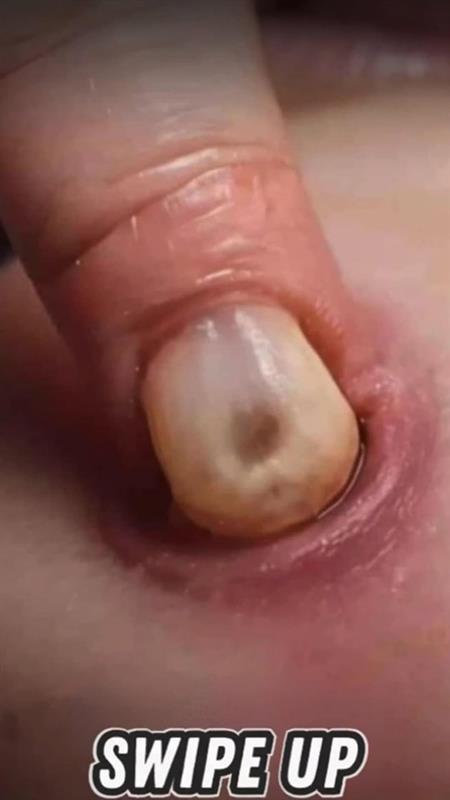10 Symptoms That Your Body Is Not Right When Acne Appears on Your Back
Acne is often considered a surface-level skin condition, but when it appears on specific parts of the body—like your back—it can be a red flag signaling internal imbalances or health issues. Known as “bacne,” back acne is not just a cosmetic concern. It may be your body’s way of saying that something isn’t functioning as it should.
Here are 10 possible symptoms and underlying health issues to consider when acne starts showing up on your back:
1. Hormonal Imbalance
Back acne is frequently triggered by hormonal fluctuations, especially in teenagers, women with PCOS (Polycystic Ovary Syndrome), or those going through menstrual cycles or menopause. Excess androgen production stimulates oil glands, which clog pores and lead to acne, especially on the back and shoulders.
What to watch for: Irregular periods, mood swings, increased body hair, or sudden weight gain.
2. Poor Liver Function
The liver plays a crucial role in detoxifying your body. When it’s overloaded—due to alcohol, processed foods, or medications—it can affect your skin. Toxins not eliminated properly may be excreted through the skin, causing inflammation and breakouts, especially on the back.
Other signs: Fatigue, bloating, bad breath, or yellowish skin.
3. Excessive Sweating and Poor Hygiene
If you sweat excessively—especially during workouts—and don’t shower or change clothes promptly, sweat mixed with bacteria can clog pores on your back.
Other signs: Itchy skin, body odor, or rashes.
4. Digestive Problems
Your skin often reflects the state of your gut health. Poor digestion, constipation, or food intolerances can cause toxin buildup and imbalances in the gut microbiome, which may manifest as back acne.
Other signs: Bloating, gas, irregular bowel movements, or acid reflux.
5. High Stress Levels
Chronic stress increases cortisol levels, which can overactivate sebaceous glands and result in oily skin and clogged pores. The back is especially prone to stress-induced acne due to its thicker skin and higher concentration of oil glands.
Other signs: Insomnia, headaches, anxiety, or changes in appetite.
6. Wearing Tight or Dirty Clothing
Tight clothing—especially synthetic fabrics—traps heat and sweat, creating a perfect environment for bacteria. Dirty bras, gym wear, or bed linens can also irritate skin and cause acne flare-ups.
Other signs: Skin irritation, redness, or folliculitis.
7. Allergic Reactions to Products
Some people react to ingredients in body washes, lotions, or laundry detergents. These irritants can cause inflammation and acne-like eruptions on your back.
Other signs: Itchy skin, hives, rashes, or flaking.
8. Poor Diet
Consuming too many high-glycemic foods like sugar, dairy, and processed snacks can lead to increased insulin levels, triggering oil production and inflammation in the skin—especially in acne-prone areas like the back.
Other signs: Fatigue, brain fog, weight fluctuations, or cravings.
9. Vitamin Deficiencies
Lack of key vitamins—particularly zinc, vitamin A, and vitamin D—can weaken your immune system and skin barrier, making you more prone to acne.
Other signs: Brittle nails, dry skin, frequent colds, or slow wound healing.
10. Underlying Medical Conditions
Sometimes, back acne could be a sign of more serious underlying issues like thyroid problems, autoimmune diseases, or metabolic disorders. If your acne is persistent and resistant to treatment, it’s worth consulting a healthcare provider.
Other signs: Chronic fatigue, sudden hair loss, sensitivity to cold or heat, or skin pigmentation changes.
Final Thoughts
While occasional breakouts are common, chronic or severe back acne shouldn’t be ignored. Your skin is your body’s largest organ and often reflects what’s going on internally. If you notice acne on your back accompanied by other health symptoms, consider it a warning sign that something may be off.
Improving lifestyle habits—such as managing stress, eating a balanced diet, practicing good hygiene, and getting regular checkups—can go a long way in not only clearing your skin but also enhancing your overall health.




